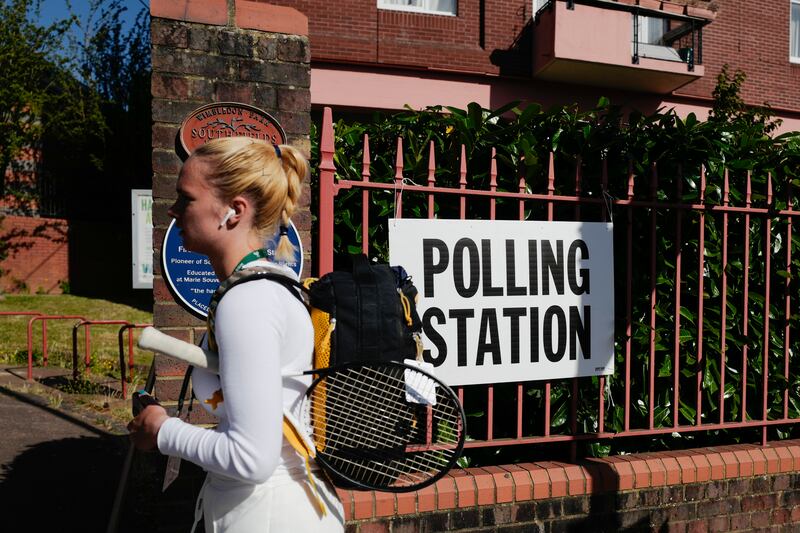On Thursday, the British government, led by the Labour Party, announced major changes to its electoral system, most notably plans to lower the voting age from 18 to 16 before the next general election in 2029.
Prime Minister Keir Starmer defended the reform, arguing that people who “pay in” to the political system deserve to cast their vote and have a voice in how their money is spent.
The electoral overhaul goes beyond lowering age requirements. The proposed changes include allowing bank cards to be used as voter ID and increased rules on political donations.
However, these changes still need to be approved by Parliament before becoming law, according to The Associated Press.
This reform fulfills a key campaign promise made by Labour before their July 2024 election victory, when they pledged to expand voting rights to younger citizens, per the AP.

Global context
The U.K. isn’t alone in wanting to shift to a lower voter age.
Last year, European Union members Germany, Belgium, Austria and Malta moved to lower their citizens’ voting age to 16, as reported by Reuters. However, the global standard remains 18 years of age in most democracies.
MPs in Parliament clash over electoral changes
The announcement has sparked debate across party lines, with Labour Party members championing the change while Conservative and Reform members of the United Kingdom’s Parliament have expressed opposition.
Deputy Prime Minister Angela Rayner framed the reform as essential for rebuilding political trust, as reported by the AP.
“For too long, public trust in our democracy has been damaged and faith in our institutions has been allowed to decline,” Rayner said.
“We are taking action to break down barriers to participation that will ensure more people have the opportunity to engage in U.K. democracy.”
Conservative MPs have responded with more skepticism. Tory MP Paul Holmes criticized both the substance of the proposal and the way it was introduced, expressing frustration that significant electoral changes weren’t announced through a formal government statement.
Holmes highlighted what he sees as inconsistencies in the government’s approach to age-related rights. “Why does this government think a 16-year-old can vote but not be allowed to buy a lottery ticket or an alcoholic drink, marry or go to war, or even stand in the elections they’re voting?” Holmes asked during Thursday’s House of Commons session, as reported by The Guardian.
Holmes continued, “Isn’t the government’s position on the age of maturity just hopelessly confused?”
Reform party leader Nigel Farage and Reform MP Richard Tice both posted their opposition to the electoral reform in posts on X.
“Giving 16 and 17-year-olds the right to vote is an attempt to rig the political system,” Farage said.
Tice called the move “wrong.”
Labour MP Lisa Nandy also took to X but to voice her support of the government’s changes.
“Young people deserve a say in the decisions shaping their future and we’re making sure they have one,” she said.
The proposal faces a challenging path through Parliament, with the government’s substantial majority likely to overcome opposition, but not without debate that so far has revealed fundamental differences in how British lawmakers view youth participation in their democracy.

